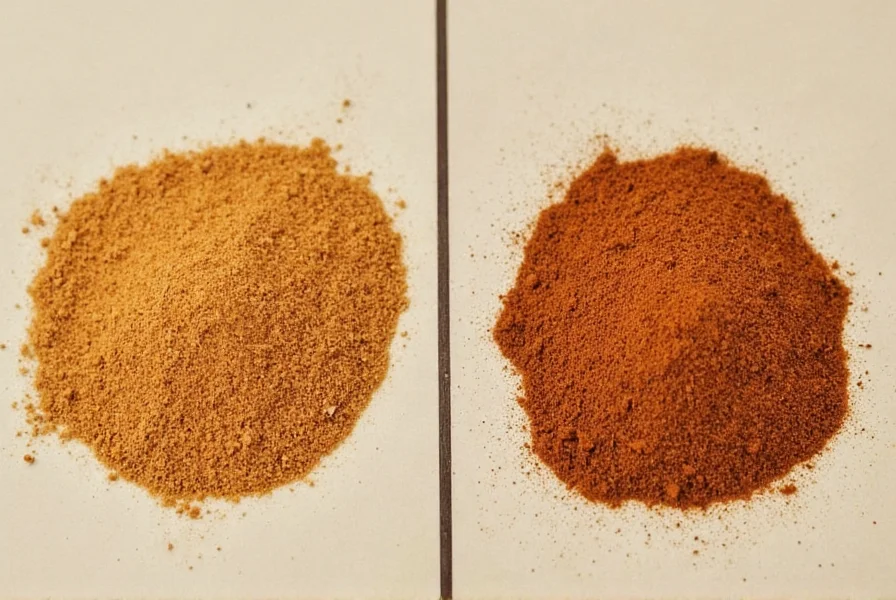Homeowners seeking chemical-free solutions for ant problems increasingly turn to cinnamon as a natural deterrent. This approach aligns with growing consumer interest in eco-friendly pest management that protects children and pets while addressing infestations. Understanding how cinnamon affects ants requires examining both the biological mechanisms and practical application methods.
The Science Behind Cinnamon's Ant-Repelling Properties
Ants navigate using pheromone trails—chemical signals they deposit as they move. Research published in the Journal of Economic Entomology demonstrates that cinnamon's strong aromatic compounds, particularly cinnamaldehyde, interfere with ants' olfactory receptors. This disruption prevents ants from detecting their established trails, effectively creating an invisible barrier.
When ants encounter cinnamon, their antennae show avoidance behaviors within seconds. Laboratory tests reveal that cinnamon essential oil proves more effective than ground cinnamon due to higher concentration of active compounds. However, both forms create temporary barriers that require reapplication every 2-3 days for continued effectiveness.
Practical Application Methods for Home Use
Implementing cinnamon as a natural ant deterrent requires strategic placement at entry points. Focus on these high-impact areas:
| Application Method | Effectiveness Duration | Best For |
|---|---|---|
| Ground cinnamon lines | 48-72 hours | Window sills, door thresholds |
| Cinnamon essential oil spray (10 drops per cup water) | 3-5 days | Kitchen surfaces, cabinets |
| Cinnamon powder sachets | 1-2 weeks | Pantry corners, storage areas |
For optimal results when using how to use cinnamon for ants, apply treatments during early morning or evening when ant activity peaks. Reapply after cleaning surfaces or following heavy foot traffic. Remember that cinnamon creates repellent barriers but doesn't eliminate established colonies—combine with proper sanitation practices for best results.
Limitations and Realistic Expectations
While effective as a temporary barrier, cinnamon has important limitations homeowners should understand. It won't eradicate established colonies or provide permanent solutions for severe infestations. The cinnamon ant deterrent effectiveness diminishes with humidity and foot traffic, requiring regular maintenance.
University extension services note that cinnamon works best as part of an integrated approach:
- Seal entry points with caulk
- Eliminate food sources through proper storage
- Fix moisture problems attracting ants
- Use cinnamon barriers at potential entry points

Comparing Cinnamon Types for Ant Control
Not all cinnamon works equally well for natural ant repellent cinnamon purposes. Cassia cinnamon (the common grocery store variety) contains higher concentrations of cinnamaldehyde than Ceylon cinnamon, making it more effective for pest control. However, Ceylon cinnamon's lower coumarin content makes it safer for food-contact surfaces.
For maximum effectiveness in diy ant repellent with cinnamon, create a spray solution using:
- 10-15 drops cinnamon essential oil
- 1 cup distilled water
- 1 teaspoon castile soap (as emulsifier)
Shake well before each use and apply to ant pathways. This solution maintains effectiveness longer than dry powder applications while remaining safe for most household surfaces.
When to Consider Professional Pest Control
Cinnamon provides temporary relief for minor ant problems, but certain situations require professional intervention. Contact a licensed pest control specialist if you notice:
- Ants nesting inside walls or structural components
- No improvement after 2 weeks of consistent cinnamon application
- Presence of carpenter ants or other destructive species
- Ants returning immediately after cleaning cinnamon barriers
Understanding the cinnamon vs ants scientific explanation helps set realistic expectations. While natural remedies like cinnamon offer valuable first-line defense, severe infestations often require professional assessment and treatment.
Does cinnamon actually kill ants or just repel them?
Cinnamon primarily repels rather than kills ants. Its active compounds disrupt ant communication and create barriers they avoid, but it doesn't function as an insecticide. For elimination of established colonies, professional treatment may be necessary.
How long does cinnamon remain effective as an ant barrier?
Ground cinnamon barriers typically last 48-72 hours before requiring reapplication. Cinnamon essential oil sprays maintain effectiveness for 3-5 days. Humidity, foot traffic, and cleaning activities reduce effectiveness, so regular maintenance is crucial for continued protection.
Is cinnamon safe to use around food preparation areas?
Ceylon cinnamon is generally recognized as safe for food-contact surfaces, but should be applied sparingly and wiped away before food preparation. Avoid using cassia cinnamon near food due to higher coumarin content. Always clean surfaces thoroughly before applying any pest control method in kitchen areas.
Which ant species respond best to cinnamon treatment?
Common household ants like odorous house ants and pavement ants show strong avoidance of cinnamon barriers. Fire ants and carpenter ants may be less affected, requiring more comprehensive treatment approaches. Effectiveness varies by species due to differences in sensory sensitivity and colony structure.
Can I combine cinnamon with other natural repellents for better results?
Yes, combining cinnamon with vinegar (1:1 ratio in spray solution) creates a more persistent barrier. Peppermint oil added to cinnamon sprays enhances repellency for certain ant species. However, avoid mixing with citrus oils as they can degrade cinnamon's active compounds, reducing effectiveness.










 浙公网安备
33010002000092号
浙公网安备
33010002000092号 浙B2-20120091-4
浙B2-20120091-4